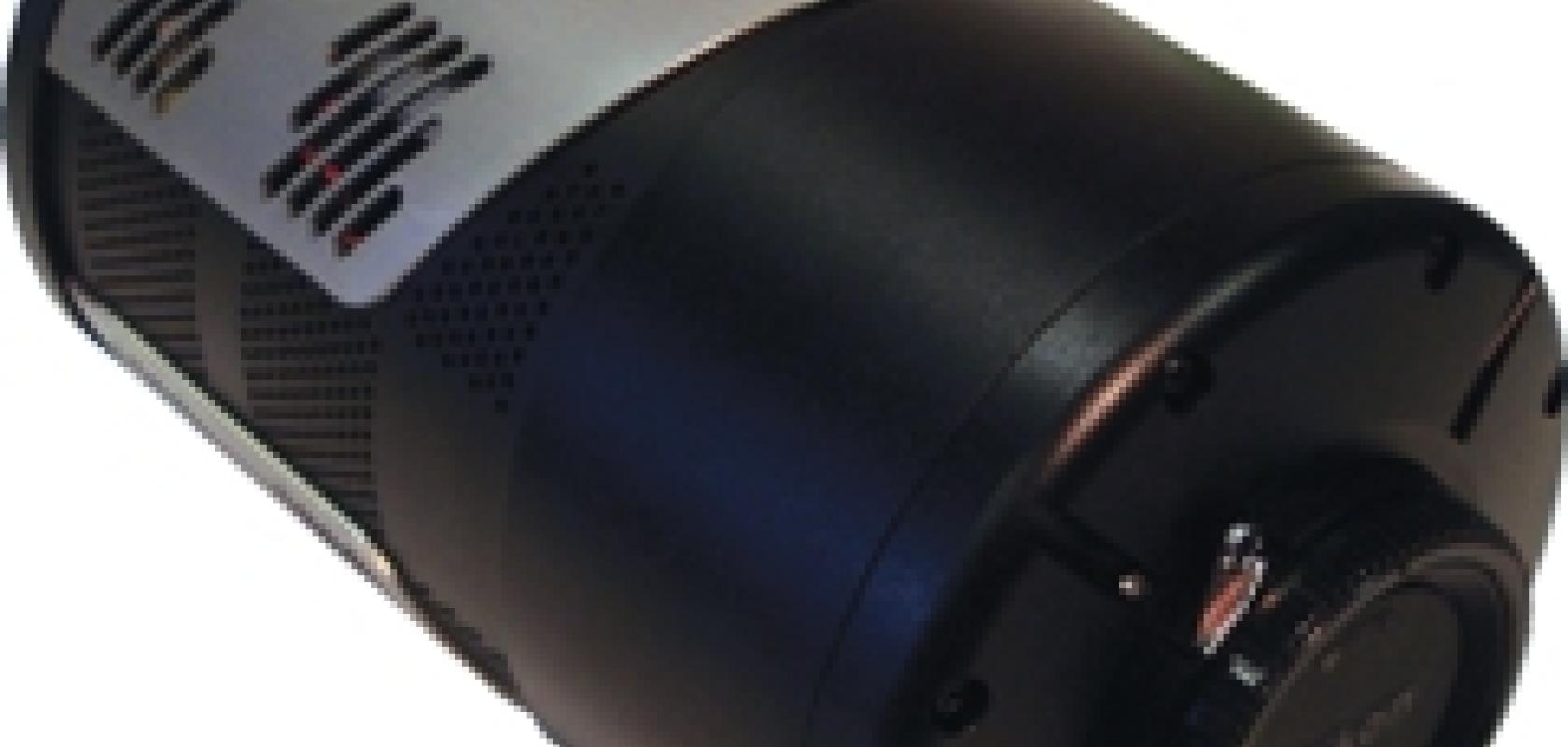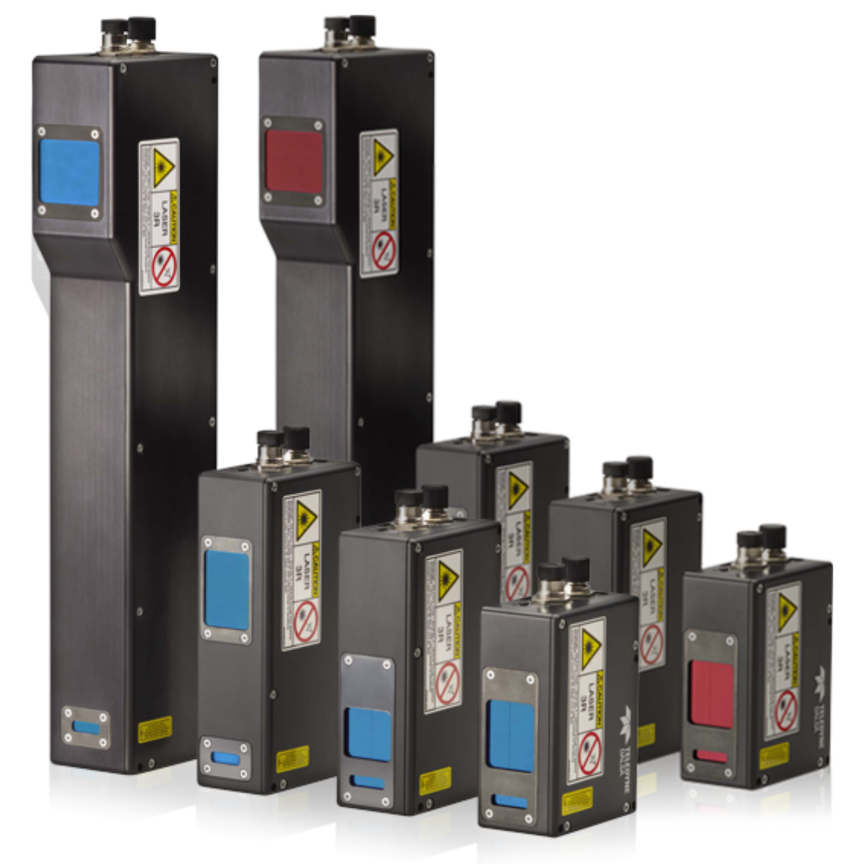Princeton Instruments (PI) has added the Pixis 1300 CCD series to its product portfolio, which adds three configurations to the Pixis line of cameras. These cameras are based on PI's 1,340 x 1,300 format sensors with a large 26.8 x 26.0mm imaging area. Pixis 1300 offers deep cooling to less than -70°C.
These cameras offer many features of the Pixis line, including dual 100kHz/2MHz digitisers, multiple gains, multiple output amplifiers, ultra-low read noise of 2 e- rms, all metal hermetic seals, easy to use USB2.0 interface and single optical window design for the best optical throughput. The cameras also boast other features of the Pixis line, including flexible binning and ROI capabilities, and are supported by the WinView software package. For integration into complex experiments, a toolkit with LabView examples and Princeton Instruments' PVCAM software development kit are available.
The compact Pixis 1300B back illuminated CCD camera is specifically optimised for large format astronomical imaging and chemiluminescence applications. For example, astronomical imaging is particularly sensitive to smearing caused by the convective air currents around telescope optics. For this special requirement the Pixis 1300 is available with water-only cooling, completely eliminating the internal fan. The available CoolCube liquid circulator allows researchers to capture crisp images by removing heat away from the camera. For operation from remote control rooms, the camera may be equipped with an optional fibre optic data interface. The back illuminated, deep depletion version offers high NIR sensitivity while virtually eliminating etaloning.
With very low dark current and read noise, the camera is also capable of detecting ultra-low light levels typical in chemiluminescence and bioluminescence applications. The large imaging area is also ideal for high throughput screening.


